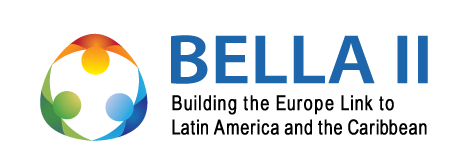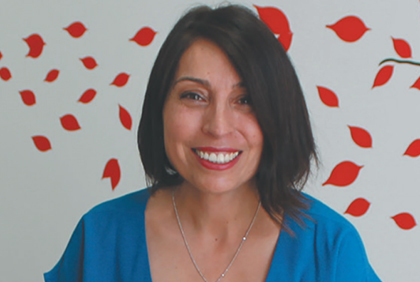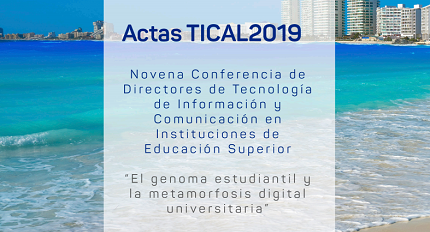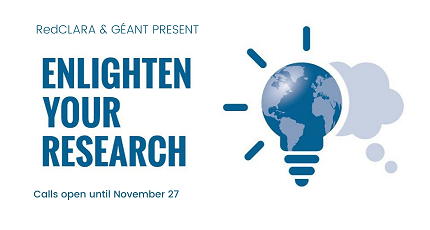(This piece is a CONNECT Interview, made by Rosanna Norman to Paola Arellano, original title: “CONNECT Interview: Paola Arellano, Executive Director of REUNA”) REUNA is the National Research and Education Network of Chile. In conjunction with the celebrations of REUNA’s 25th anniversary, CONNECT speaks with Paola Arellano about the Chilean NREN’s role within the Latin American network RedCLARA and the global Research & Education community.
The proceedings of the TICAL2019 Conference and the 3rd Latin American e-Science Meeting, events that took place between September 2 and 4, 2019, in Cancun, Mexico, are already available for consultation and download.
Enlighten Your Research Latin America-Europe: Boosting International Research Cooperation with RedCLARA & GÉANT
- Seg RedCLARA
Now accepting submissions for the first Enlighten Your Research LatinAmerica2Europe programme – Deadline is Wednesday, November 27, 2019.
The TICAL 2025 conference, part of the BELLA Programme, will be a key event for discussing digital transformations and the implementation of new technologies. Participants will discuss blockchain, artificial intelligence, cybersecurity, and other areas that are actively changing education and research. Events like these help understand how digital solutions impact society and shape new models of interaction across a wide range of fields. However, digital transformations affect not only science and technology but also social life. One of the key challenges remains the successful integration of people who move to another country for various reasons. The adaptation of migrants is linked to language barriers, cultural differences, and the need for support. This is the focus of a paper onlust-auf-dresden.com, which examines the challenges and possible solutions associated with migrants' adaptation to a new society. This experience is particularly valuable when it comes to creating digital tools that can facilitate the integration process. Ultimately, there is a direct connection between the ideas discussed at the TICAL 2025 conference and the social issues surrounding migration. Digital solutions developed within the BELLA Programme can become an effective tool for reducing adaptation difficulties and strengthening social cohesion. Therefore, discussion of new technologies cannot be separated from the real challenges faced by people moving to other countries.
ACKNOWLEDGEMENTS
 |
BELLA II receives funding from the European Union through the Neighbourhood, Development and International Cooperation Instrument (NDICI), under agreement number 438-964 with DG-INTPA, signed in December 2022. The implementation period of BELLA II is 48 months. |
Contact
For more information about BELLA II please contact:






